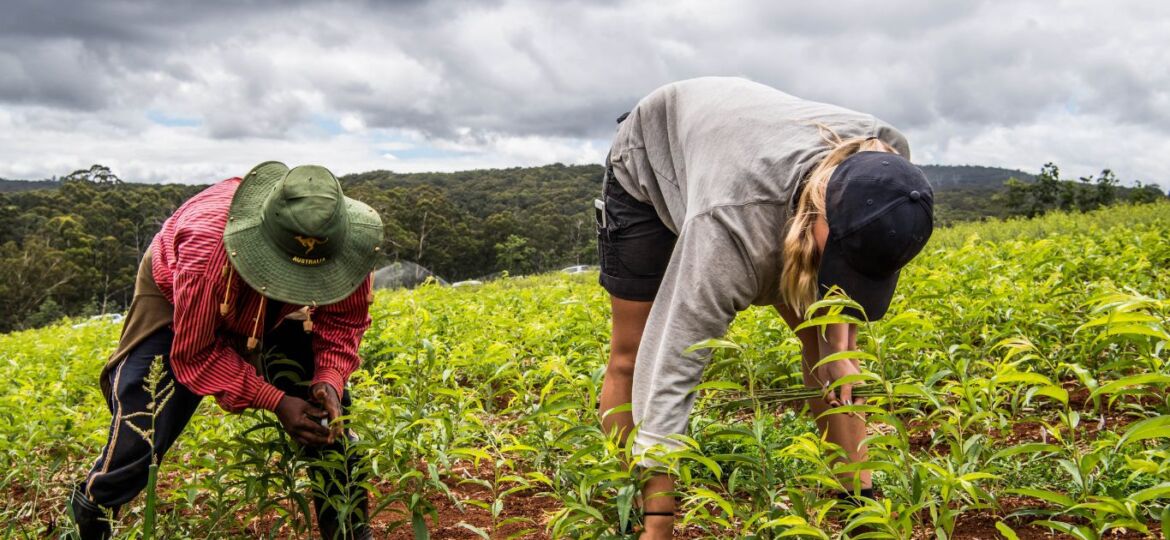
OPINION – Thomas Hall, Agtech and Logistics Hub Director
Agriculture is full of acronyms – GRDC, DAF and QFF are just a few prominent ones in the sector.
Another that’s becoming increasingly well-known is ESG, which stands for Environmental, Social and Governance.
ESG – essentially a set of sustainability guidelines – was a hot topic at evokeAG, an event held recently to connect the agrifood innovation community across the Asia Pacific and around the world. Everyone at the industry forum, from growers to investors, was focused on understanding ESG and how to achieve it.
An increasing number of growers, agribusinesses and innovators visiting the Agtech and Logistics Hub are also asking, what is ESG and why is it so important?
ESG guidelines direct how businesses manage risks and opportunities around sustainability issues. And it’s becoming increasingly important in Australian agriculture for several reasons amid predictions more funding will be available for businesses that meet global ESG standards.
With farm gate output set to hit a record $81 billion this financial year, agriculture is one of our biggest sectors. So there needs to be a focus on reducing environmental impact, including bringing down greenhouse gas emissions and improving water use efficiency.
The social aspect of ESG is also essential in agriculture, given the crucial role farmers play in regional and rural communities and because their actions can impact the livelihoods of many people. Ensuring the welfare of farmers, workers, and communities is considered in agricultural practices is vital for sustainability of the industry.
The sector needs to focus on good governance to ensure farmers can build trust with consumers, stakeholders and investors, which is essential for growth and development. This includes having transparent business practices, responsibly using resources, and ensuring compliance with regulatory requirements.
So, how do we advance ESG practices in agriculture? The key is agtech.
Agtech can help improve environmental sustainability by reducing waste, water usage and chemical usage via precision agriculture platforms. We are already seeing agtech play a crucial role in helping with carbon counting in the agriculture industry. By using precision agriculture tools, drones and sensors, farmers can monitor and reduce carbon emissions while promoting sustainable farming practices and earning additional income through carbon offset programs.
When it comes to social impacts, agtech has the potential to deliver significant improvements through the measure of key aspects such as sustainable agriculture and food security. It can also deliver major change to farmers’ social wellbeing, with agtech solutions reducing their workloads to free up time to spend with families and engage in other activities that benefit the community.
On the governance front, agtech is delivering strong outcomes by providing transparency and accountability in the agricultural supply chain. For example, data-driven approaches like traceability platforms can be used to track the use of pesticides and fertilisers, ensuring farmers comply with regulatory requirements.
While the agricultural industry is making progress when it comes to ESG, there is still much to be done.
Although there has been a lot of work on reducing environmental impact, supporting social responsibility and good governance practices are also important when it comes to ESG. That’s why the Agtech and Logistics Hub is constantly looking to innovators working in this space to ensure they get the support they need.
As always, collaboration is key. Agtech has a critical role to play in delivering strong ESG capacity in Australian agriculture, but growers and agtech companies must work together to achieve a level of ESG that will create a more sustainable and prosperous industry for all.
This piece was originally published in the April edition of Queensland Farmer Today
